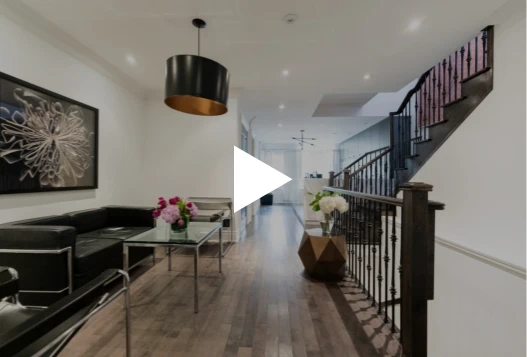By Jerome Edelstein, MD
One of the most frequently administered cosmetic surgeries in the world is eyelid surgery, otherwise known as blepharoplasty. This exceedingly common and safe procedure is conducted for both elective, cosmetic purposes as well as out of medical necessity. Cosmetically speaking, a patient may have bags, puffiness, or dark circles present beneath their eyes. The surgery can resolve these undesirable aesthetic features for most patients with a minimum of downtime.
Compared to other types of surgery, blepharoplasty has a relatively short recovery period and most patients report experiencing a minimal amount of pain and discomfort. Let’s take a look at what recovery symptoms you may experience and how to have the quickest recovery with the least likely incidence of complications.
Following Your Surgeon’s Instructions
The most important rule to remember before, during, and after blepharoplasty—or any operation—is to follow your surgeon’s instructions as closely as you possibly can. Since everyone’s anatomy is unique, and everyone has a different set of goals (particularly with elective, cosmetic plastic surgery), it also means that you may receive a set of instructions different from other patients. Therefore, please consider sources such as this one as generalized, common guidelines. For example, some patients will be provided with an ointment for their postoperative sutures, others may not need this. Your recovery should be left to the full discretion of your plastic surgeon.
Before Blepharoplasty – What You Do Can Help Recovery
The two most common instructions given to patients before blepharoplasty—and indeed many different kinds of surgery—are to quit smoking at to not take aspirin for a few days before the procedure. This is because aspirin or anti-inflammatory medications can thin the blood, leading to bleeding after surgery. Smoking constricts blood vessels and will make it take longer to heal. If the healing process is slowed, the likelihood of complication can rise, which should be avoided by whatever means necessary. Your doctor will also inform you about any other kinds of medications you may need to stop taking temporarily during the healing process.
Blepharoplasty Aftercare & Recovery
The recovery time for blepharoplasty is relatively short and the majority of patients report feeling only minor discomfort or pain. Having said that, it’s still very important to plan ahead—you’ll need at least two weeks to recover. During this time, and especially during the first few days, your eyes will almost certainly be puffy, sore, and/or bruised. As you might suspect, this can interfere with your vision. Until it clears up, driving and other vision-intensive activities must be avoided.
Additionally, avoid putting unnecessary pressure on the face. Even bending over too far or lifting moderately heavy objects can do this, so plan to have at least two weeks of what doesn’t have to be necessarily bed rest, but generally taking it easy and slowing down in comparison to your normal routines.
Learning More
If you’d like to learn more about blepharoplasty, have a successful procedure, and receive nothing but the best aftercare for a speedy recovery, consider working with the experienced and friendly medical professionals at Edelstein Cosmetic in Toronto. You can reach them to schedule a consultation by dialing (416) 256-5614 as soon as you can.
